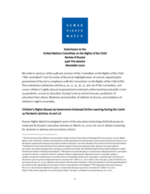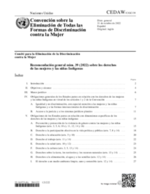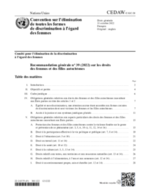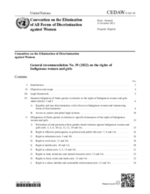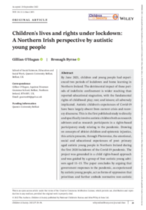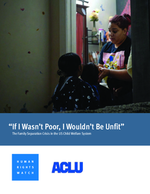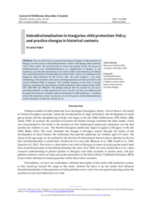Transitioning Residential Care Learning Event: Workshop Report
This report captures the key insights, trends, learnings, and participant inputs from the Transitioning Residential Care Services Learning Event held in October 2022 which was organized and hosted by the Transitioning Residential Care Working Group as part of the Transforming Children’s Care Global Collaborative Platform.


